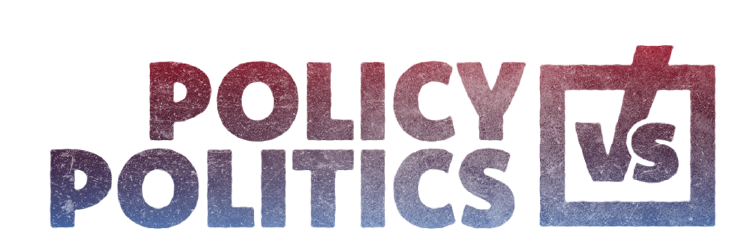Join Policy vs Politics in exploring the fundamental ideas behind obligation and entitlement, their parallels and distinctions and how they relate to the ideas of duty, responsibility, rights and benefits.
Navigating Duty, Responsibility and Rights
Understanding the distinctions between obligation and entitlement can better allow individuals to navigate their roles as active and informed members of society more effectively.
Obligation: Understanding Responsibilities
Obligation refers to a moral or legal duty that people or groups have toward one another or society at large. Social contracts, ethical norms and legal frameworks that outline expectations can serve as the foundation for many obligations.
It’s important to understand that obligations can result from a variety of situations, including interpersonal relationships, career commitments and civic engagement.
The Nature of Obligations
There are different categories of obligations, including moral, legal and social obligations. Ethical principles and personal beliefs form the basis of moral obligations, guiding individuals to act in a manner they perceive as morally right. Legal obligations stem from the laws and rules that govern society. Social duties encompass the unwritten standards and expectations that arise from our interactions and connections within communities.
Duty, Responsibility and Obligation
The concept of obligation closely relates to duty and responsibility. Duty refers to a specific task or role that individuals are expected to fulfill or perform and is most often associated with their occupation or position. Responsibility, on the other hand, is a broader concept that encompasses a range of obligations, duties and actions that individuals are, for one reason or another, accountable for.
Entitlement: Examining Rights and Benefits
Entitlement, unlike obligation, pertains to the belief or perception that individuals have certain rights or benefits inherently or by virtue of their circumstances. It is important to note that entitlement can refer to both positive entitlements (where individuals possess certain rights or benefits) and negative entitlements (where individuals are free from certain obligations or restrictions).
Understanding Entitlement Programs
Entitlement programs are governmental initiatives that provide certain benefits or rights to eligible individuals or groups based on specific criteria. These programs are designed to address social needs, promote equality and ensure a basic standard of living for vulnerable populations. Examples of entitlement programs include healthcare assistance, social security and unemployment benefits.
Voluntary vs. Inherent Entitlement
We can examine entitlement through the lens of voluntary and inherent entitlement. Individuals become entitled to specific benefits or rights based on their choices or actions through contractual agreements or consensual arrangements, which gives rise to voluntary entitlement. On the other hand, individuals possess certain rights or benefits inherently by virtue of their existence or status, leading to inherent entitlement.
Exploring the Similarities and Distinctions
While obligation and entitlement may share some commonalities, it is essential to recognize their inherent differences.
Overlapping Aspects
Both obligation and entitlement involve a sense of rights, responsibilities and social contracts. They also intersect in areas where obligations of some individuals create entitlements for others. For example, paying taxes is an obligation for citizens, which in turn creates entitlements to public goods and services.
Distinctions and Considerations
Differentiating between obligations and entitlements is crucial for avoiding misconceptions or misunderstandings. People typically base obligations on external standards, while they often perceive entitlements as inherent or derived from personal circumstances. Furthermore, obligations usually involve duties or responsibilities, while individuals view entitlements as rights or benefits.
Conclusion
Obligations are rooted in moral, legal and social frameworks, shaping our responsibilities toward others and society. Entitlement, on the other hand, encompasses the inherent or derived rights and benefits individuals believe they possess. By acknowledging the nuances between these concepts, we can foster a more informed and engaged dialogue around rights, responsibilities and societal dynamics.
Join in the conversation. Follow Policy vs Politics on socials (@plcyvspltc), check out our blog and stay informed on key policy issues impacting our communities and future generations.

